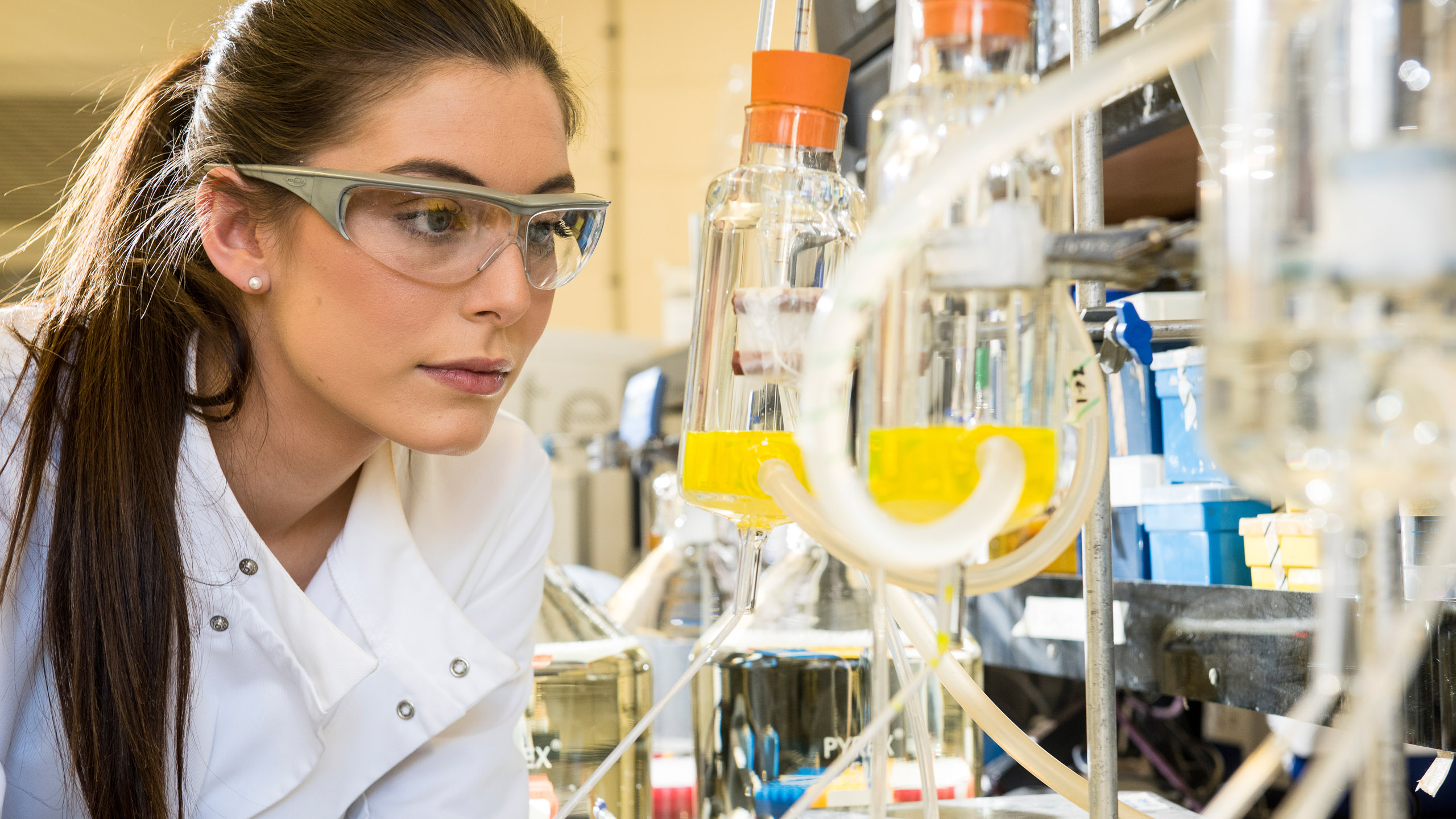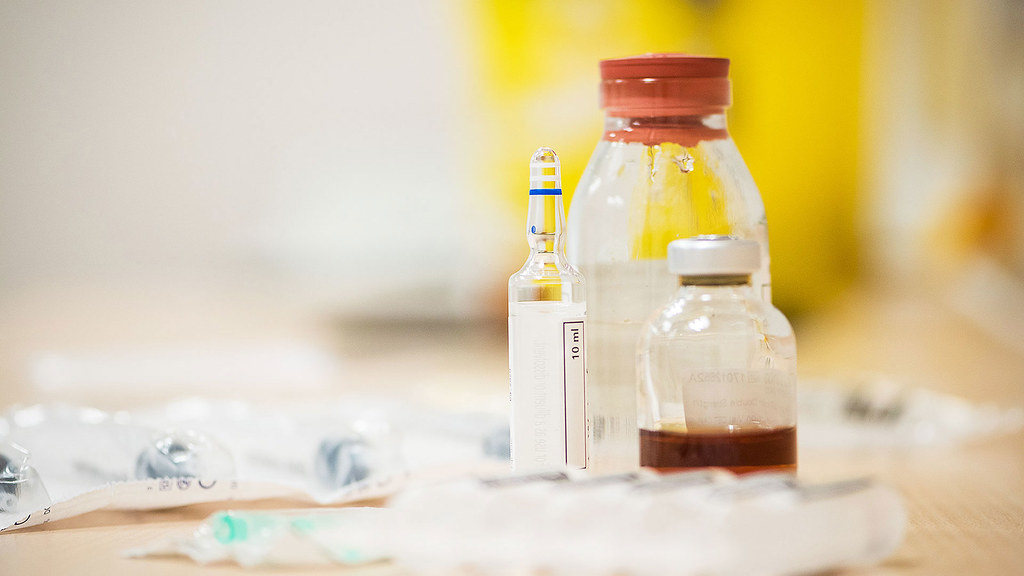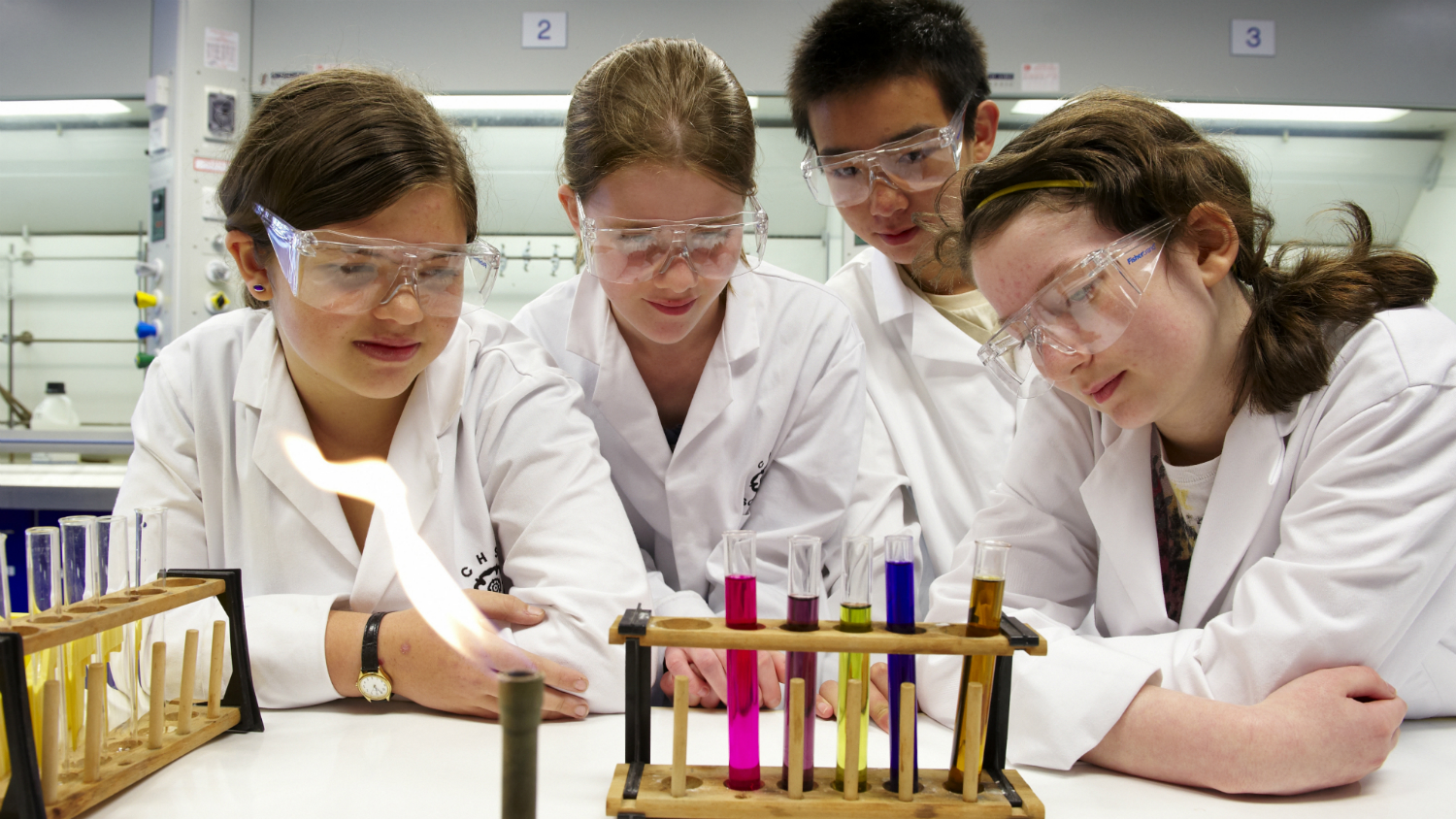Police & Crime Commissioner visits University to explore research partnerships and student safety

Avon & Somerset PCC Clare Moody toured the IDSB and new Bath P-ACE, alongside a roundtable with the people keeping students safe on campus and in the city.






![The image shows a novel chimeric drug molecule [stick format], designed by combination of motifs from a naturally-occurring compound (purple) from Colchicum autumnale and a sex steroid oestrogen metabolite (blue) [spacefilling].](https://live.staticflickr.com/65535/54138633907_7e7fd2c8ce_b_d.jpg)














